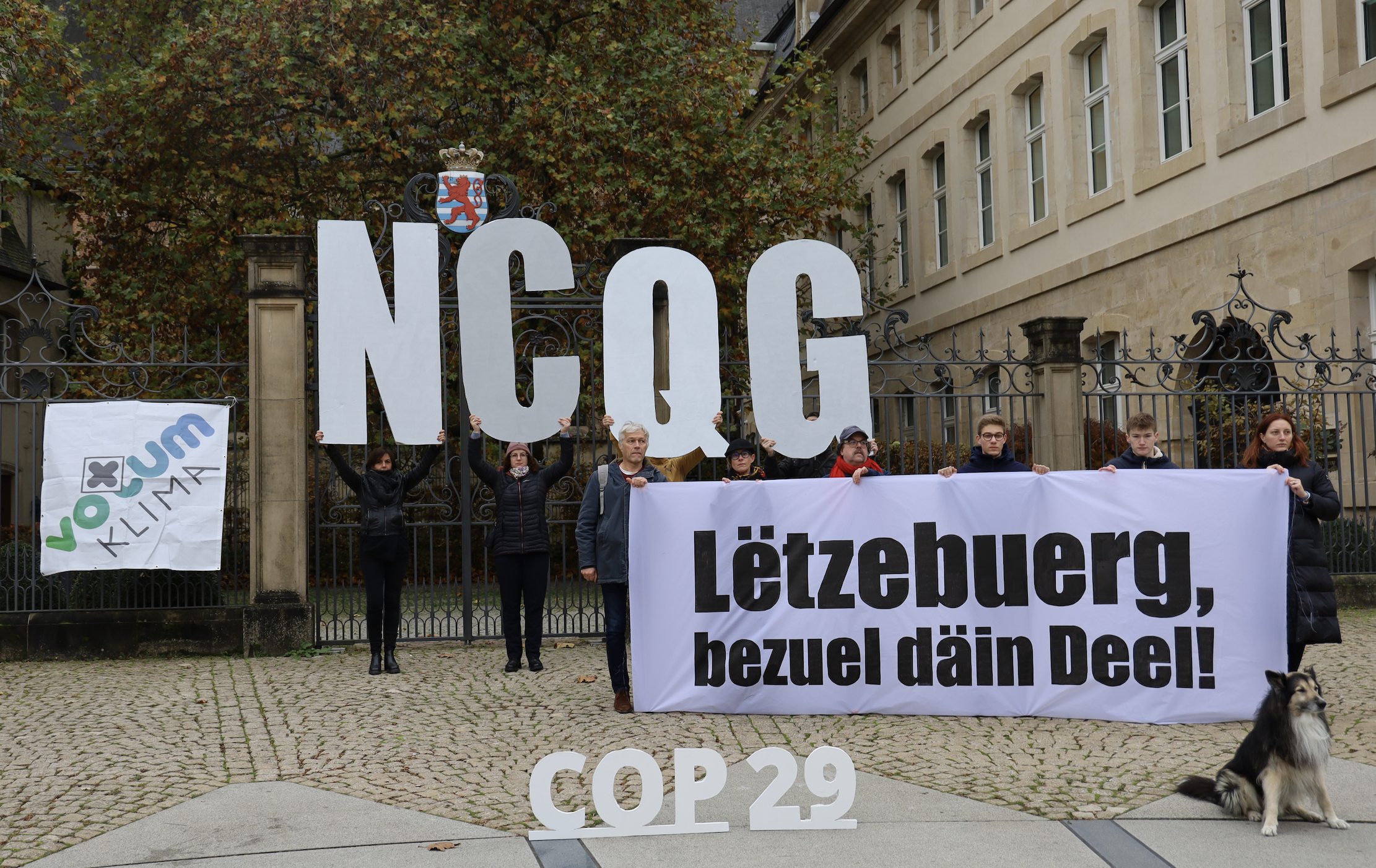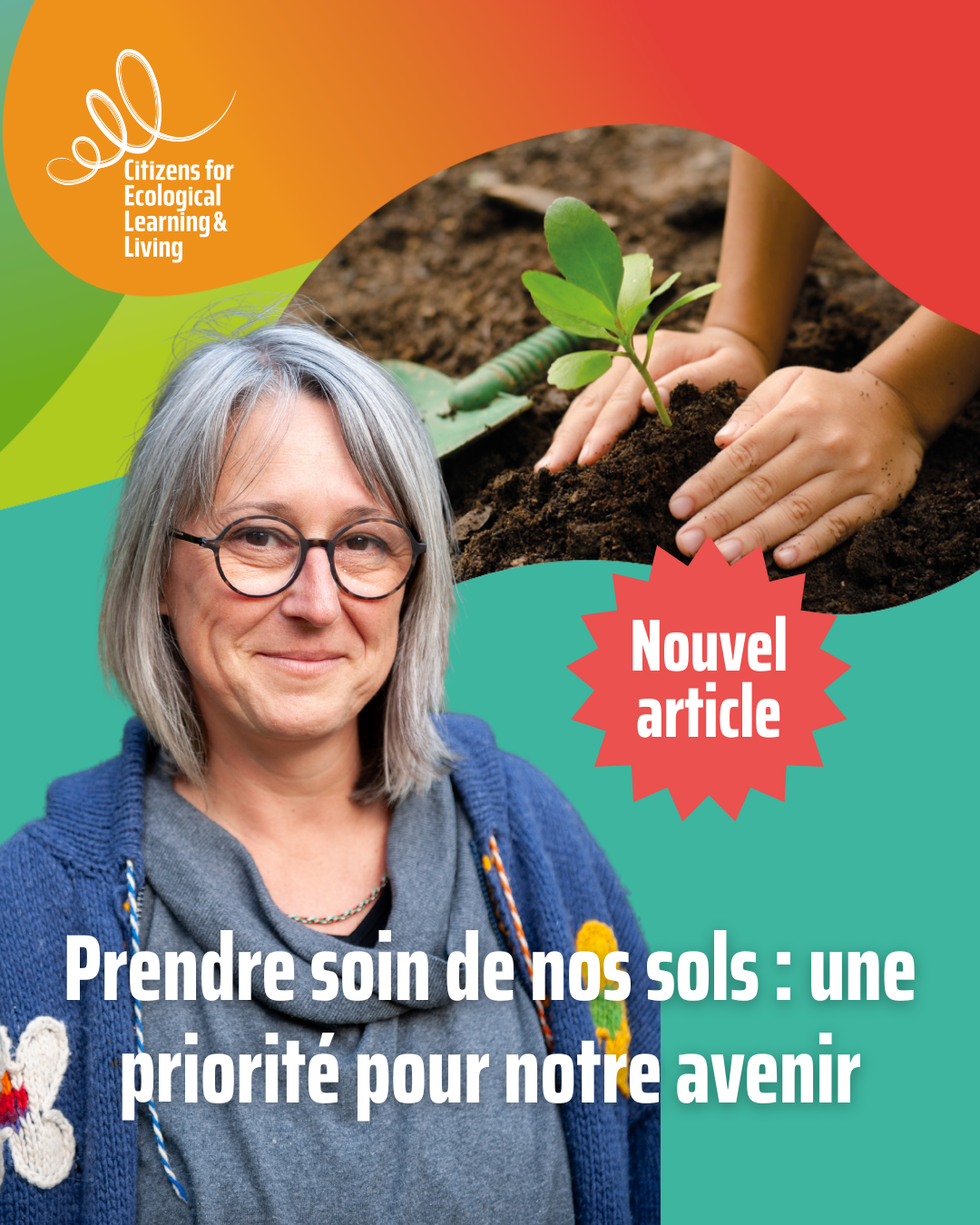Luxembourg takes inspiration from the Liege Food-Earth Belt for a sustainable food transition
5 min reading
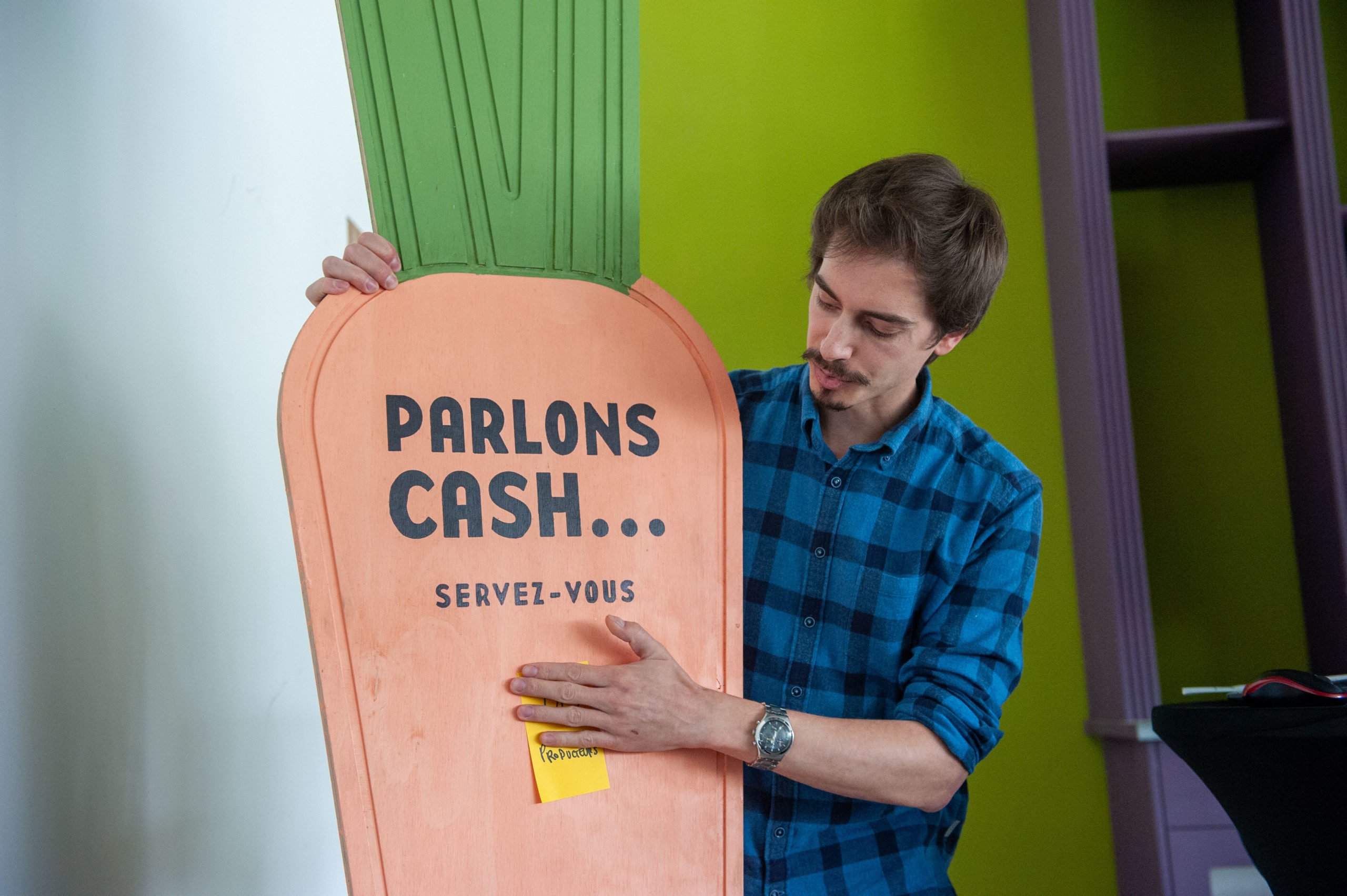
On October 8, some forty Luxembourg players took part in an excursion organized by CELL (Citizens for Ecological Learning and Living) at the Liège Food and Soil Belt (CATL). This day of exchanges provided an opportunity to discover pioneering initiatives in short circuits and sustainable food, offering an inspiring model for accelerating the food transition in Luxembourg. The main ambition is to bring production and consumption closer together, and to rethinking the way we produce and consume, by giving priority to local, plant-based and seasonal food. This shift towards a sustainable food system aims to à reduce ecological footprint, à preserving biodiversity and to guarantee access to healthy food for everyone.
" Producers in Luxembourg are still a little disoriented, as they are still very dependent on large wholesalers. We need an initiative similar to the one in Liège to help them organize and strengthen local supply chains. - said Monique Ludovicy of Restopolis.
How can we ensure, within a generation, that the the majority of food is produced and consumed locally in the best ecological and social conditions?
For the past 10 years Liège Food and Soil Belt (founded in 2013) is asking this question, and is striving to transform the local economy by developing ecological food chains and generate high-quality jobs. Luxembourg, which wants to embark on a similar dynamic, has had the opportunity to learn from the success of this innovative, internationally recognized project.
Cross-border cooperation for a more sustainable food future
The excursion brought together 45 people from dood-related sectors in Luxembourg education (SNJ), civil society associations (SOS Faim, CELL, Transition Minett, ASTM), foodservice (Restopolis), funders (Etika), regional development, nature parks, chamber of agriculture, urban planning, researchers (Uni.lu, IBLA, Liser), Luxinnovation, members of the Differdange food council, farmers (Terra), transformers, IMShealth (ANDL - association nationale des diététiciens Luxembourgeois), on.perfekt antigaspi grocery store, syndicat intercommunal (SICONA), and natur&ëmwelt.
Christian Jonet, director of CATLhe stressed: "Initially, the authorities saw us as idealistic citizensBut when we started to develop economic projects and hire thousands of people, our movement became a valid interlocutor with local authorities."
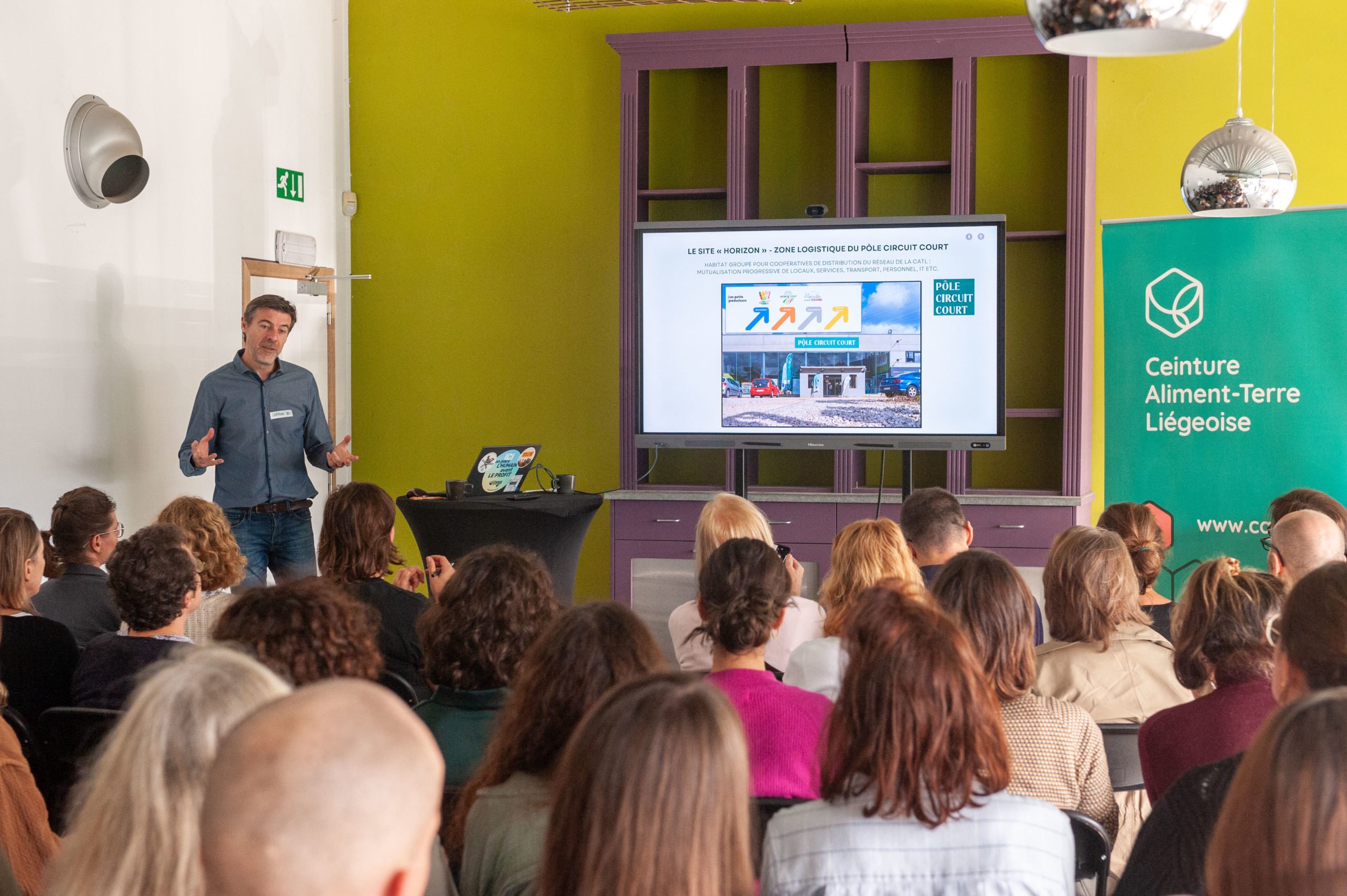
Over the years, cooperatives like Les Petits Producteurs (local organic grocery with a strong commitment to producers) and Farmers' tours (online platform for local B2B and B2C products) have been launched, involving more than 5,000 consumers and reinforcing access to local, solidarity-based food.
In the afternoon, the group visited the cooperative grocery store Oufticoop, the canteen Isosl (community kitchens that have modified all their public procurement contracts to offer local organic food to children from kindergarten to primary school), and Cre@farm which facilitates access to public land for young market gardeners.
The day ended with a regrouping at Joinerythe first business center in Wallonia dedicated to the transition to a sustainable economy. The group then took part in a moment of co-ideation to adapt these inspirations to the Luxembourg territory, around different work themes, including food democracy, the territorial economic fabric, training and support, education and awareness-raising, the environment and climate.
"What struck me was the constant exchange between the various players, particularly between the collective kitchen and local producers. This close communication is essential to ensure the smooth running of the food system". - to shared Claude Hostert Luxinnovationone of the participants.
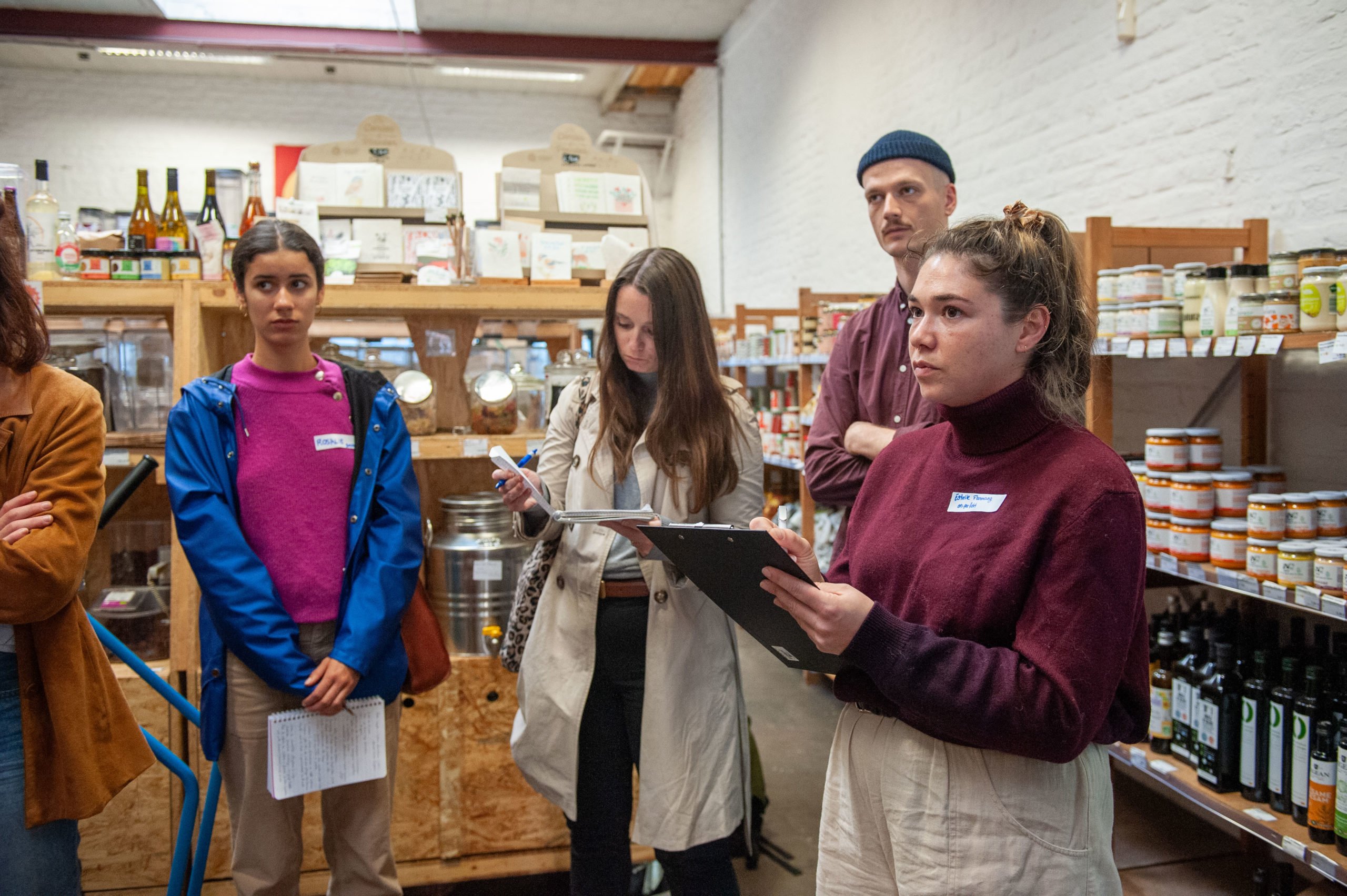
Towards mobilization in Luxembourg and the Greater Region
This event marks a A crucial step in the mobilization for food transition in Luxembourg. Exchanges with Belgian partners will reinforce our local initiatives, with the aim of sharing these ideas with the rest of the world. Ministry of Agriculture, Food and ViticultureThe aim is to extend this dynamic to the whole country, and even beyond into the Greater Region.
Innovative initiatives already underway in our country, such as the "intelligent dustbins" in Differdange, which measure and quantify food waste in order to reduce it, are concrete examples of what this transition could represent.
" The day was a source of inspiration for us all. It gave us a better understanding of the challenges of local and sustainable food, and we now hope to be able to adapt these practices to Luxembourg.g "said Céline Depiesse from CELL. " We're going to keep on working and trying to get everyone on board in this big transition boat. "
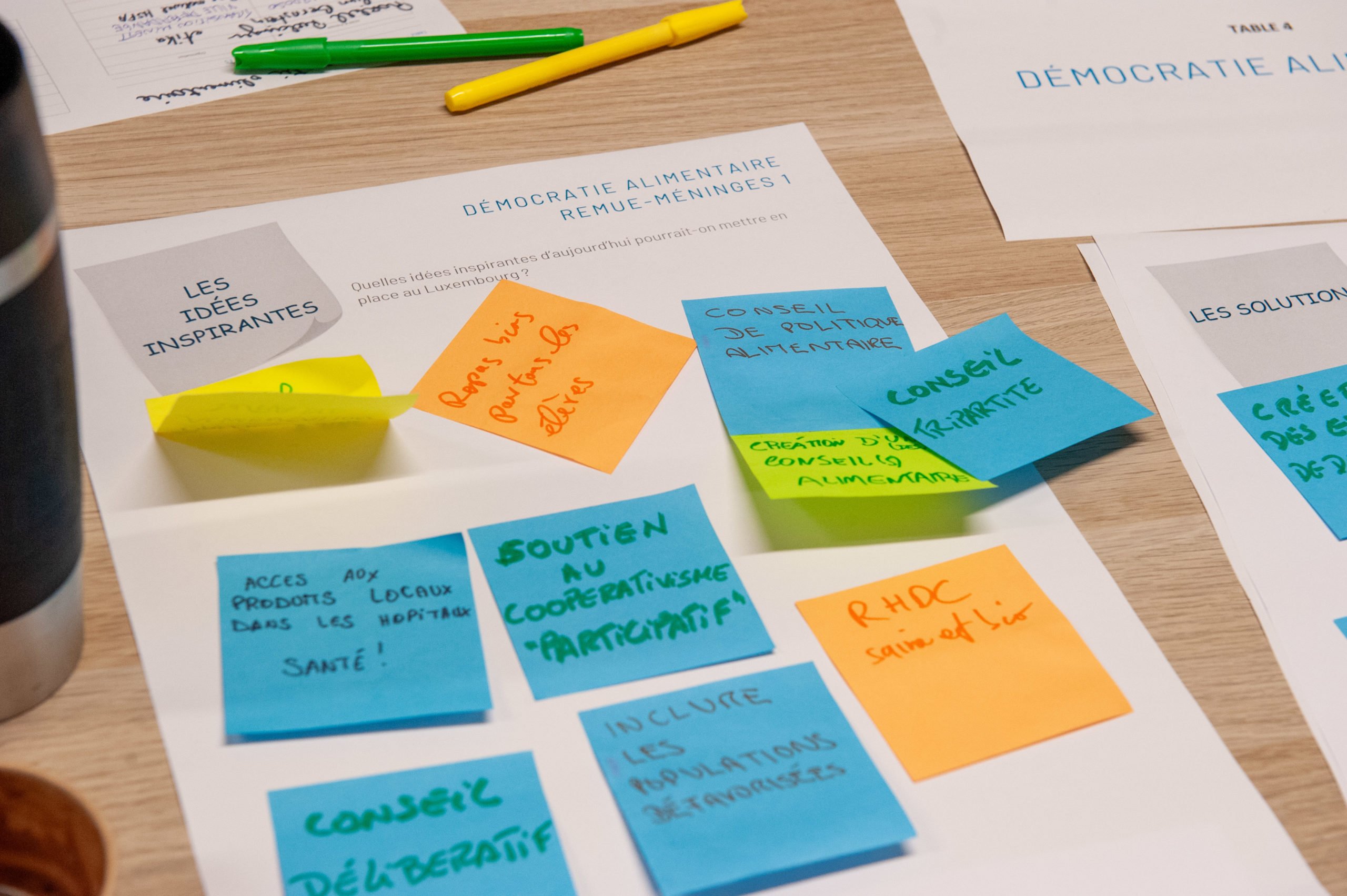
Next steps
CELL will soon be organizing workshops for explore concrete ways to transfer the initiatives discovered in Liège to Luxembourg. The aim is to encourage public institutions, local associations and businesses to join the movement to working together to build a resilient and sustainable regional food ecosystem.
84405 vues
0 comments








